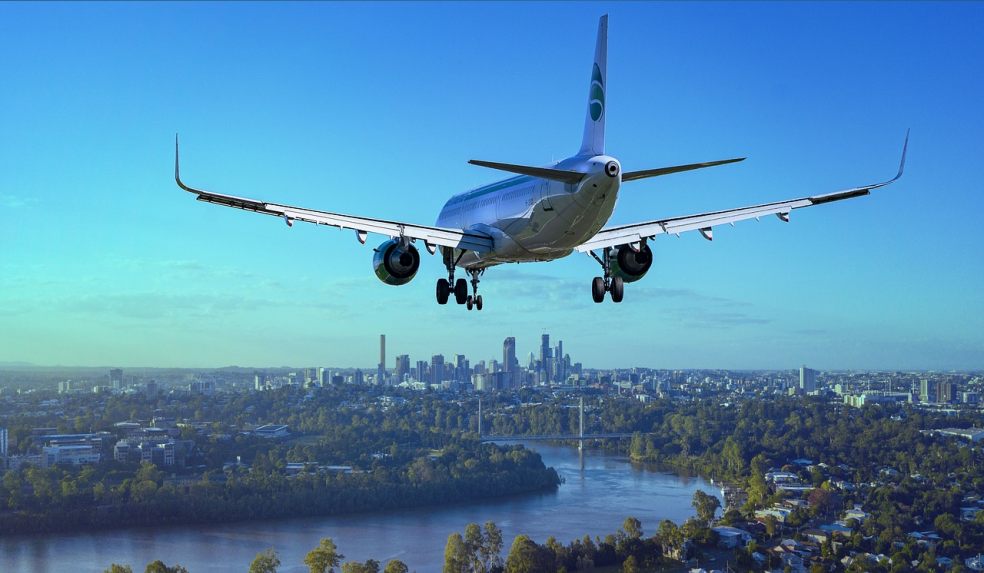
How content marketing can help your travel business grow
The travel industry and content marketing – the two couldn't be more perfectly aligned. Couple beautiful imagery and videos with interesting destination descriptions and guides. Then add resort stats, customer reviews, user-generated content and accommodation recommendations and you're on to a winning combination.
Content marketing is key to growing your travel business's awareness and potential customer base, and to helping you meet your wider business goals. Invest in a strong content marketing strategy and you will see it contribute to your business's bottom line.
With so many amazing content opportunities available in the travel industry, it can be easy to feel overwhelmed or unsure of where to start. We've broken the process of developing your content marketing strategy down into easy-to-follow steps to help you make the most of your time and resource.
Aligning your strategy and business goals
Producing content for content's sake can be a waste of time and effort. Devising a robust content strategy that aligns with your travel business goals – be that increased social engagement, brand visibility, web traffic, customer leads, online bookings, increased average order value or improved retention rates – will ensure you see a valuable return from the content you produce.
72% of marketers have seen content marketing increase both engagements and leads, and annual growth in unique site traffic is 7.8 times higher for content marketing leaders. Working with an experienced content marketing agency can make the process of creating an effective strategy easier; they can help you to get under the skin of what matters to your business and how professionally created, search-engine-optimised content can deliver tangible results.
Understanding your audience
Content marketing is the creation and dissemination of information that will appeal to and engage your audience into taking action, so it's vitally important that you know who you are talking to and what interests and inspires them. Personalising email content, for example, can increase conversion rates by 10%.
Aggregate as much customer and prospect data as you can: try using gated content (like digital guides for various destinations) to capture prospect email addresses and travel preferences, analyse existing customer purchase and behavioural data, dive into your web analytics, and talk to existing customers in order to learn as much as you can about them. This will enable you to develop marketing personas for your key customer segments, from which you'll be able to create relevant content that feels targeted and tailored to each segment's interests and needs.
Choosing the right type of content and where to share it
A strong content marketing strategy can elevate you above competitors, helping you to become the brand of choice when it comes to researching and booking holidays. Online travel agencies allocate 73% of their marketing spend to digital activity, so the space is already competitive, but this gives even more reason to invest in your content marketing.
You want to be the brand that is remembered, trusted and front of mind. This applies from the start of the travel research process all the way through to booking – sharing the right content at the optimal time can help you achieve this. Use a channel agnostic approach to ensure your content is delivering messages that resonate regardless of the chosen channel, so it's less about where you share your content and more about what the content is and what it is saying. Don't be afraid to treat all types of content as equal to begin with, to learn what resonates and drives success within your segments.
Measuring success
You've created your content marketing strategy, you feel confident it supports your wider business goals, you're starting to understand your key customer groups and your bank of engaging, meaningful content is growing. How do you know that your hard work is paying off and that your content marketing strategy is contributing to the growth of your travel business?
The key here is to make sure that right at the planning stage, you define key performance indicators (KPIs) to track and measure your success. If you choose to work with a content marketing agency, collaborate on a shared KPI dashboard to track the most valuable metrics. Take an iterative, test-and-learn approach to your content marketing and reporting, using your KPI data to optimise your content and ensure that you're getting the most out of your hard work.
Travel businesses are in a fantastic position to strategically use content to help them grow. By following the steps above, you can avoid creating generic content just for the sake of it, and gain a competitive advantage by tailoring your content to the interests of your key customer groups. Putting in the extra time and effort to develop a content strategy in this way, which aligns with your business goals, will ensure that your work really contributes to your most important metrics.














